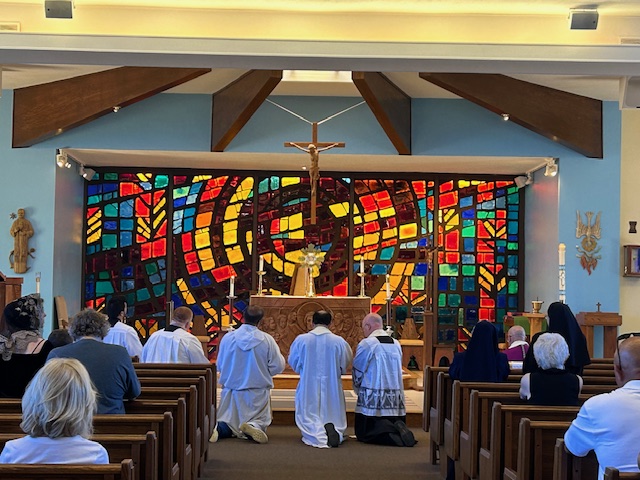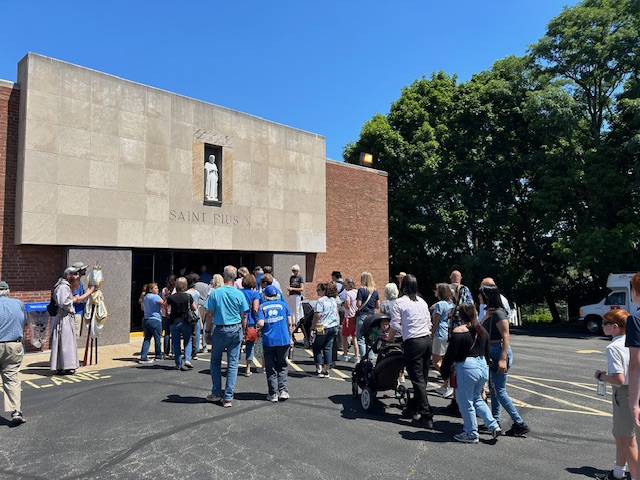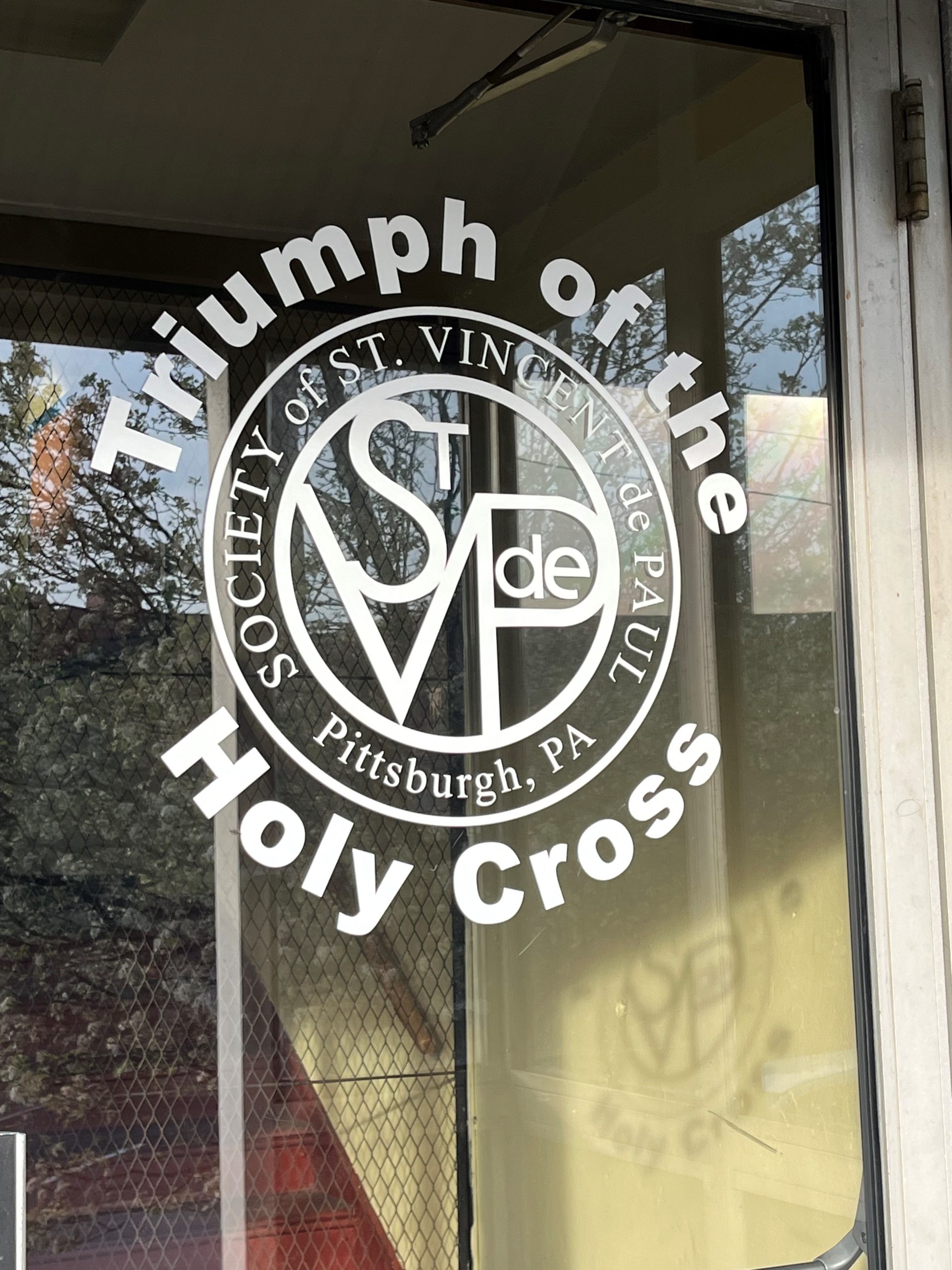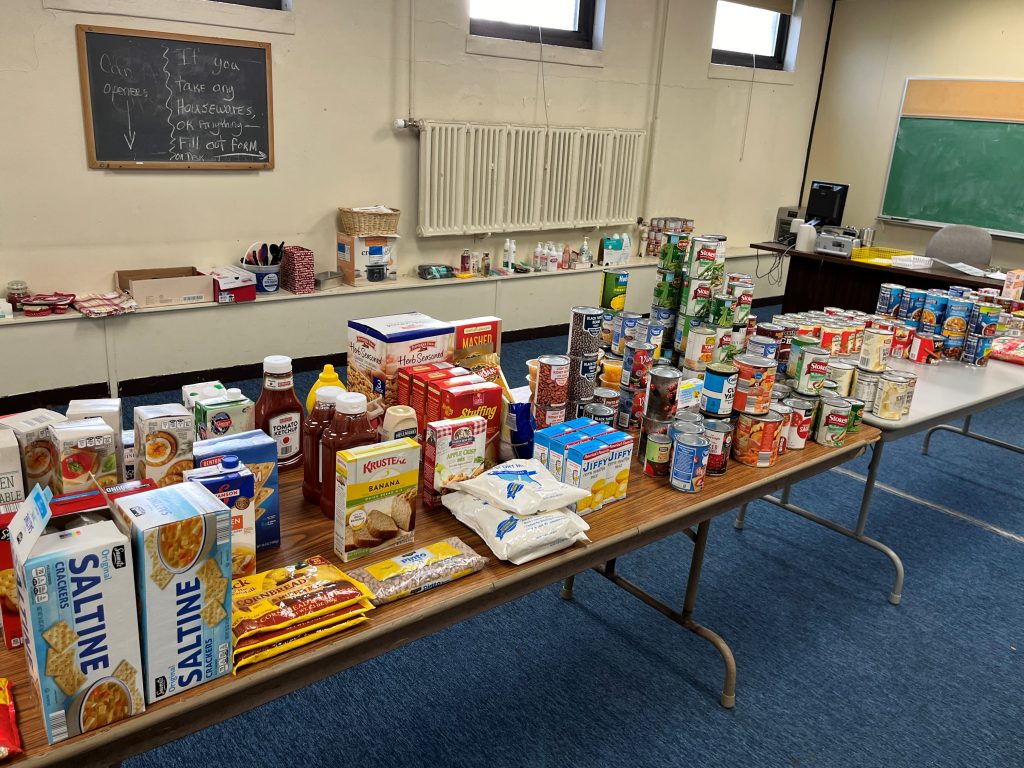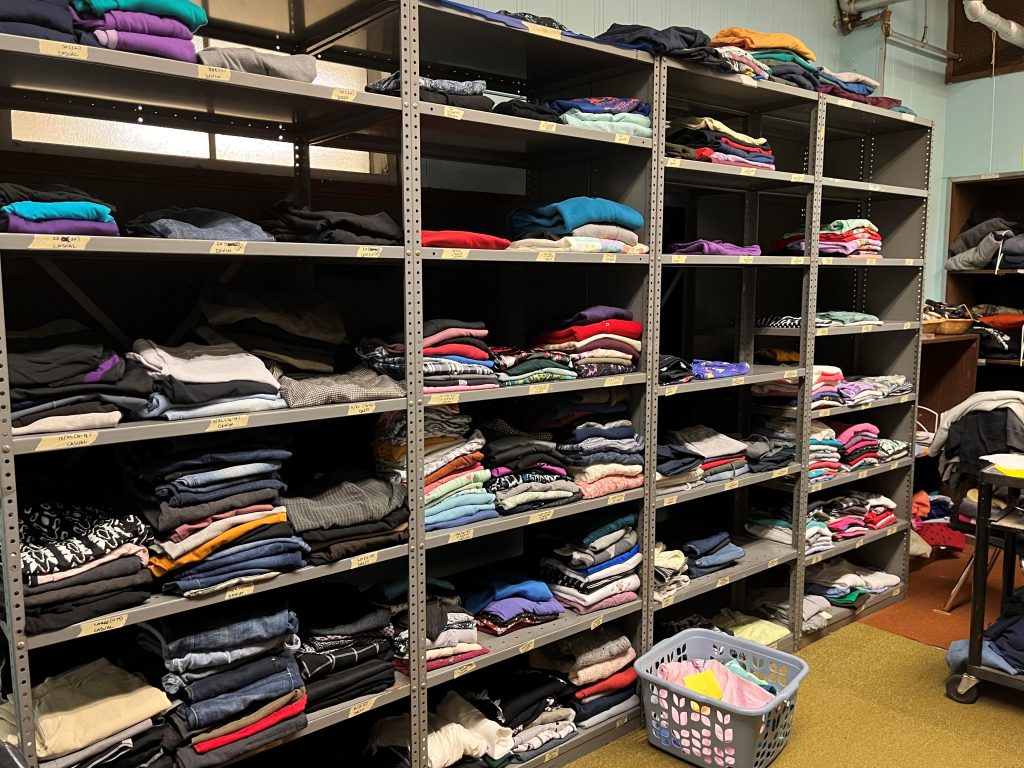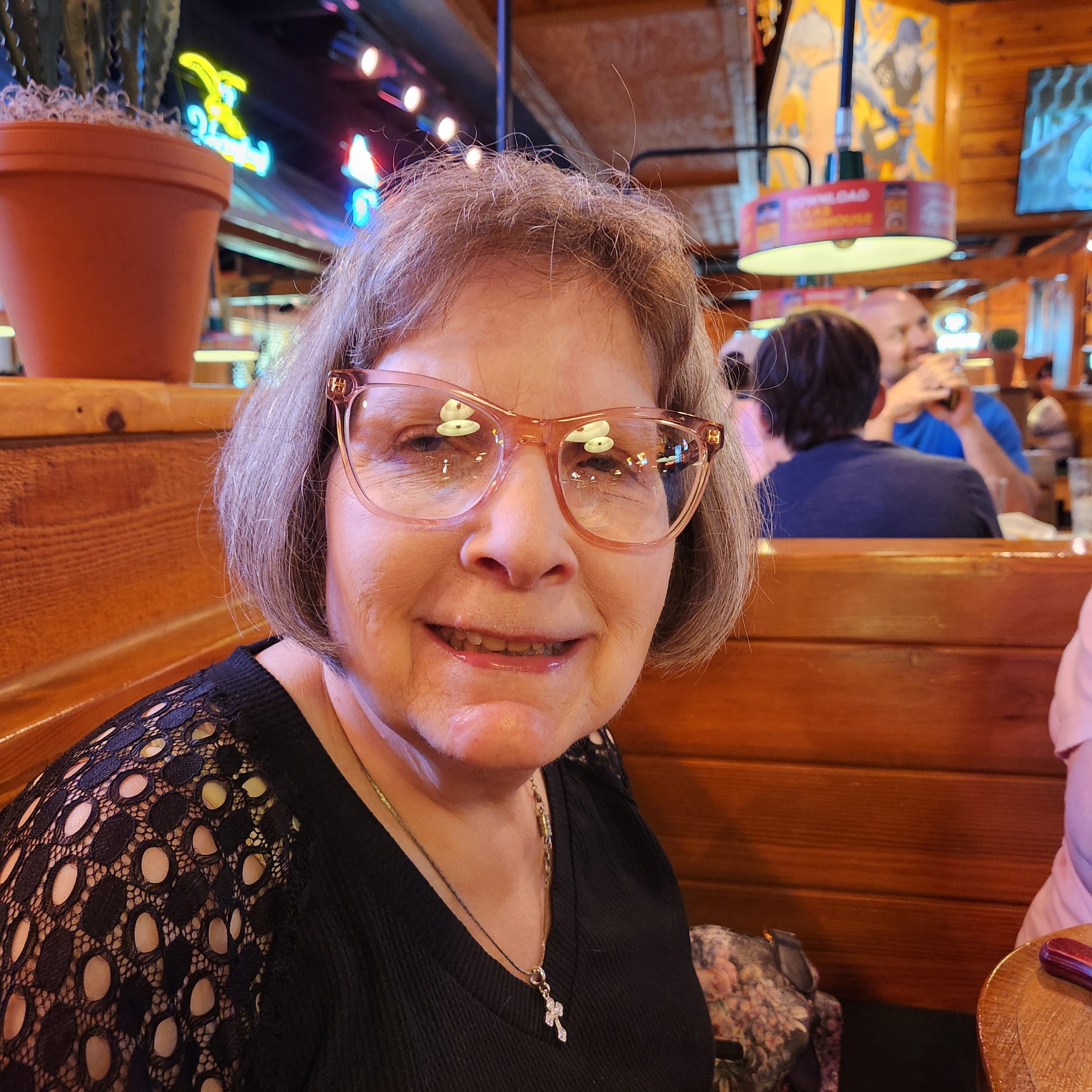Understanding Poverty and Homelessness in Pittsburgh
Each year, Allegheny County takes part in a national census mandated by the U.S. Department of Housing and Urban Development (HUD) to count the number of people experiencing homelessness on a single night. This census, known as the Point-in-Time count, enumerates individuals who are homeless within the county, including those in emergency shelters, those living in places not meant for human habitation, and those in short-term supportive housing programs such as transitional housing and safe havens. On January 30, 2024, in Allegheny County, 1,026 individuals were staying in emergency shelters or experiencing unsheltered homelessness (compared to 913 in 2023).
Poverty and homelessness are complex issues with deep roots in various socio-economic factors. In Pittsburgh, as in many other cities, these problems are multifaceted and require a comprehensive understanding to address effectively.
The causes of poverty and homelessness can be broadly categorized into economic, social, and systemic factors. Economic factors include unemployment and underemployment, where a lack of job opportunities or jobs that do not pay a living wage can lead to financial instability. The rising cost of living, with housing and basic expenses outpacing wages, makes it increasingly difficult for individuals and families to make ends meet. Income inequality further exacerbates these challenges, resulting in a significant portion of the population struggling to afford life’s necessities.
Social factors also play a significant role. Limited access to quality education hinders employment opportunities and economic mobility. Health issues, both physical and mental, along with insufficient access to healthcare, can lead to financial hardship and, eventually, homelessness. Substance use disorder is another critical factor, as addiction can deplete financial resources and lead to unstable living conditions.
Systemic factors such as the lack of affordable housing and inadequate social services contribute to the persistence of poverty and homelessness. A shortage of affordable housing options forces many into homelessness, while insufficient support services for those in need, including mental health and addiction services, exacerbate the issue.
The effects of poverty and homelessness are profound and far-reaching. Health impacts are particularly severe, with homeless individuals at a higher risk for chronic illnesses, malnutrition, and exposure-related conditions. The stress of homelessness can lead to or worsen mental health issues such as depression and anxiety. Socially, homelessness disrupts family stability, often leading to family separation and negatively affecting children’s education and social development. Increased homelessness can also lead to higher crime rates and a sense of insecurity within communities. Economically, homelessness places a strain on public resources, including emergency services, healthcare, and law enforcement. Those experiencing homelessness often struggle to find and maintain employment, reducing overall economic productivity.
In a controversial move, the Supreme Court of the United States (SCOTUS) recently upheld a law criminalizing homelessness. This law allows for the penalization of individuals for activities such as sleeping, camping, or living in public spaces. Critics argue that this approach does not address the root causes of homelessness and instead exacerbates the problem by penalizing those already in vulnerable situations.
The implications of the SCOTUS decision are significant. Increased criminalization means that homeless individuals may face fines, arrests, and criminal records, further complicating their ability to find employment and housing. This law also places additional burdens on law enforcement and the judicial system, diverting resources from more effective solutions. The decision has sparked debates on human rights, with advocates arguing that criminalizing homelessness violates the dignity and basic rights of individuals.
Addressing poverty and homelessness in Pittsburgh requires a multi-pronged approach. Increasing the availability of affordable housing options is crucial. Expanding access to mental health care, addiction treatment, and employment services can help individuals regain stability. Advocating for policies that address the root causes of poverty and homelessness, rather than punitive measures, is essential for long-term solutions.
The Society of St. Vincent de Paul Council of Pittsburgh remains committed to supporting those in need through direct assistance, advocacy, and community partnerships. Together, we can work towards a future where everyone can thrive. For more information on how you can help or get involved, please contact Karen O’Keefe at kokeefe@svdppitt.org or 412.321.1071×1203.


